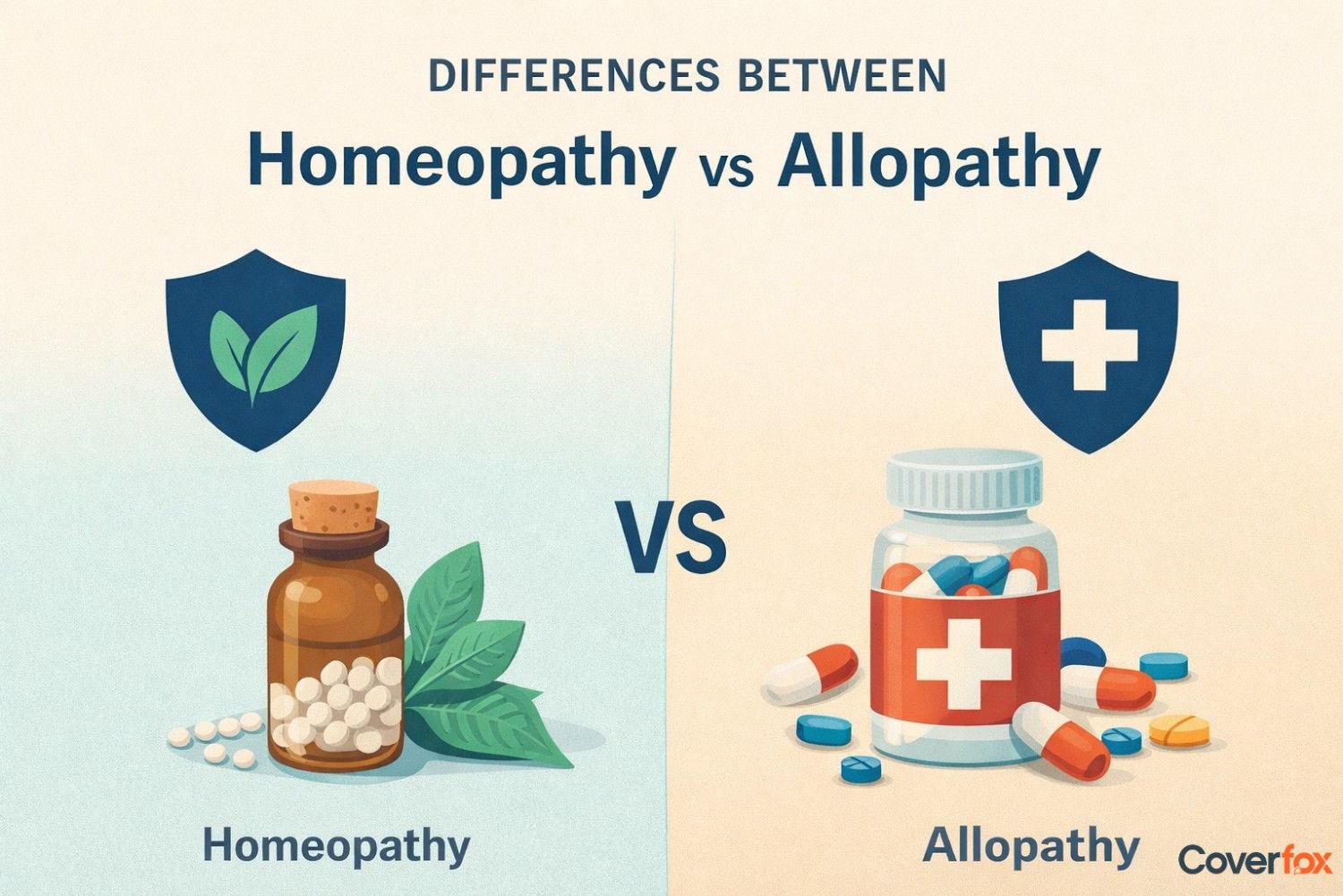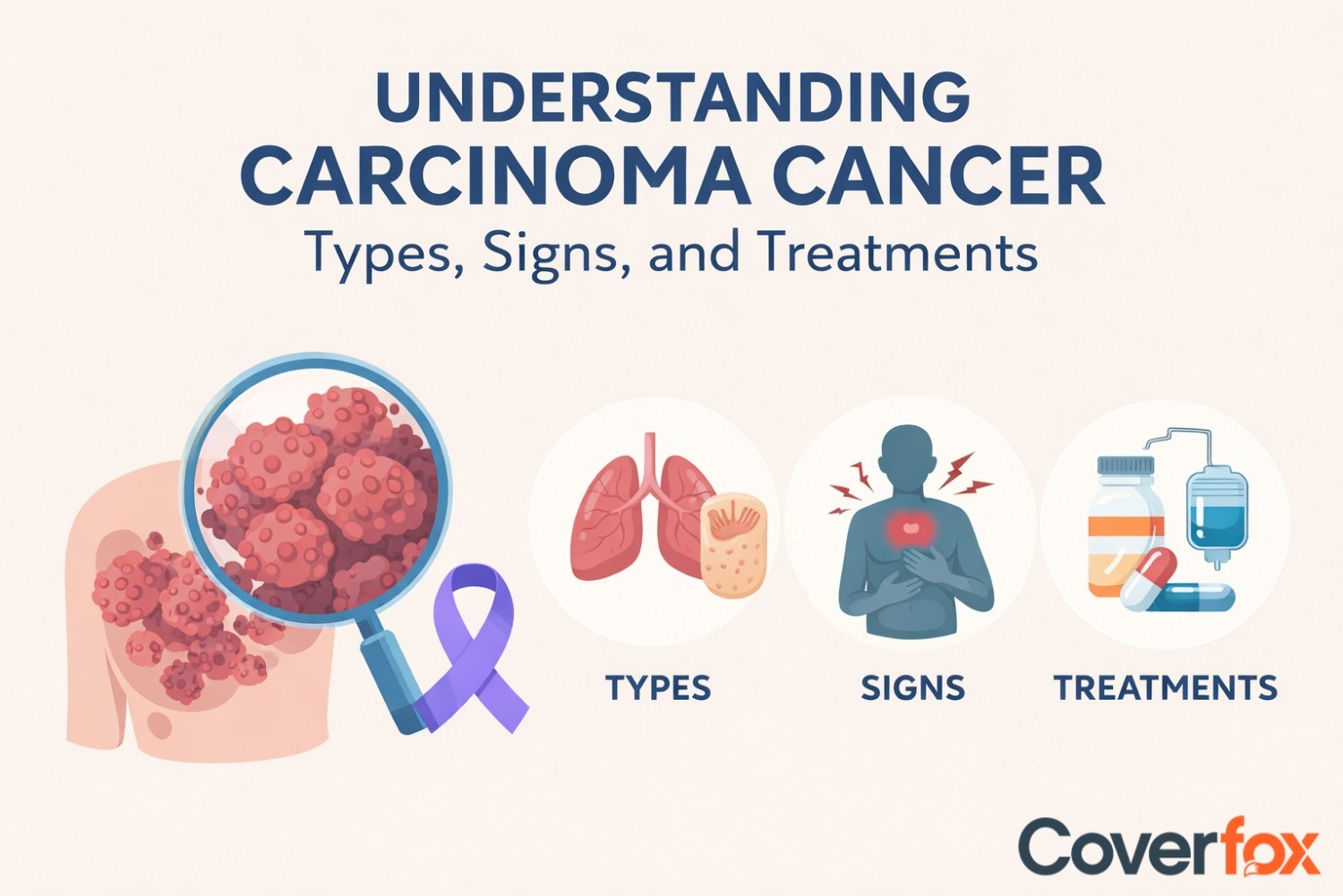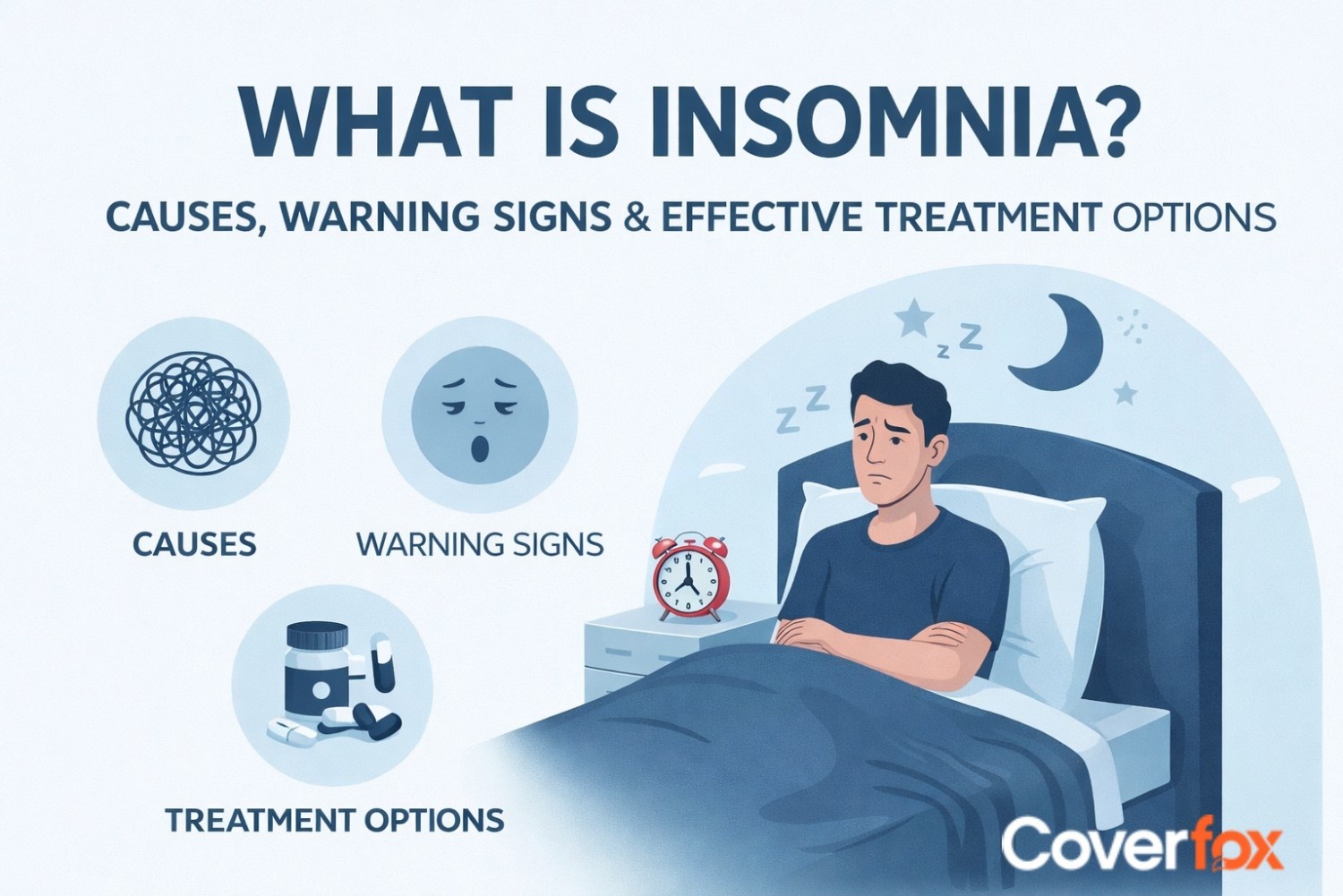When you visit a doctor, sometimes to determine certain diseases they advise you to get a blood test done. Blood tests are a standard part of diagnostics routine in healthcare. Ever wondered which blood test you are taking? Well one of the blood tests done is MCHC Blood Test. If you are clueless about this test or want to know in detail what MCHC Blood test means, what it indicates and how it works, stick till the end.

What is the MCHC Blood Test?
An MCHC (Mean Corpuscular Haemoglobin Concentration) blood test measures the average concentration of haemoglobin in a given volume of red blood cells. It is an important parameter in a Complete Blood Count (CBC) test. This test helps in checking the overall health and functioning of the red blood cells. The Haemoglobin protein is the oxygen carrier of the blood, through blood. Conditions like anaemia, where red blood cells may be either too big or small affect the oxygen-carrying capacity. The MCHC value is used to evaluate these types of conditions. Basically, MCHC Blood Test is directly related to checking the haemoglobin levels in the red blood cells.
Why is the MCHC Blood Test Conducted?
MCHC Blood tests are conducted to check the average Haemoglobin concentration in the red blood cell in a given blood sample. It is conducted for diseases like anaemia, where blood cells appear to be in improper sizes, which affect the oxygen-carrying capacity of the blood. Generally, an MCHC blood test is a part of CBC blood test. MCHC blood test are conducted for:
- Diagnosing Anaemia
- Evaluating Red Blood Cell Health
- Monitoring Blood Disorders
- Part of CBC Blood Test.
What is the Normal Range for MCHC Blood Levels?
MCHC is calculated by dividing the haemoglobin concentration by the hematocrit and is expressed in grams per deciliter. The normal range for MCHC Blood Levels in an average adult is 32 to 36 grams per deciliter (g/dL). However, this range may vary slightly depending on lab specific reference values and equipment used. Make sure to consult a healthcare professional for accurate assessment of the results.
An MCHC value outside the normal range can indicate various potential disorders. A low MCHC may suggest hypochromic anaemia, where red blood cells have less haemoglobin than normal. Conversely, a high MCHC could be associated with hyperchromic anaemia or conditions like hereditary spherocytosis.
Symptoms of High and Low MCHC
A lower or higher MCHC levels indicate various disorders and have obvious symptoms. High or Low MCHC levels have similar symptoms in a human body that include:
- Fatigue & Weakness: Due to reduced oxygen delivery to tissues.
- Pale or Yellowish Skin: A sign of decreased red blood cell count.
- Shortness of Breath: Especially during physical activity.
- Dizziness or Lightheadedness: Caused by insufficient oxygen reaching the brain.
- Cold Hands or Feet: Resulting from poor circulation.
- Headaches: Due to reduced oxygen levels.
- Chest Pain or Irregular Heartbeats: In severe cases
- Irregular Heartbeats: As the heart compensates for reduced oxygen levels.
- Nausea & Vomiting: Associated with liver disease.
- Upper Right Abdominal Pain: Often linked to liver issues.
- Excessive Sweating & Weight Loss: Common in hyperthyroidism.
Causes of High MCHC
High MCHC indicates higher concentration of Haemoglobin in the red blood cells. A high MCHC level is generally caused by:
Hereditary Spherocytosis:
A genetic disorder causing spherical-shaped red blood cells that are more prone to haemolysis.
Diseases:
Liver Disease, Sickle Cell Disease, Haemoglobin C Disease, Cold Agglutinin Disease tend to elevate MCHC levels.
Autoimmune Haemolytic anaemia:
A condition where the immune system destroys red blood cells, leading to increased haemoglobin concentration.
Overactive Thyroid (Hyperthyroidism):
Excess thyroid hormones can influence red blood cell production and characteristics.
Dehydration:
Severe dehydration can lead to haemoconcentration, falsely elevating MCHC levels.
Causes of Low MCHC
Low levels of MCHC indicate less concentration of Haemoglobin levels in the red blood cells than a normal range. This could indicate various diseases or disorders. Low MCHC Levels are a cause of:
Iron-Deficiency anaemia:
This is the most common cause of drop in MCHC levels in red blood cells.
Vitamin Deficiencies:
Lack of essential vitamins like B12 or folate can impair haemoglobin synthesis, resulting in low MCHC levels.
Thalassemia:
A genetic disorder causing the production of abnormal haemoglobin, leading to microcytic anaemia and reduced MCHC.
Chronic Blood Loss:
Conditions such as heavy menstrual bleeding or gastrointestinal bleeding can lead to sustained iron loss and low MCHC.
Chronic Diseases:
Inflammatory conditions or chronic infections can interfere with iron metabolism, resulting in anaemia of chronic disease and low MCHC.
MCHC Test Procedure
Typically, these steps are done in order to take blood sample for MCHC testing:
- The healthcare professional will clean and disinfect the area where the puncture will be made (Generally its inside the elbow).
- A tourniquet (rubber band) will be fastened above the elbow and you will be asked to close your fists to clearly see the veins.
- A sterile needle (Always a new needle) is inserted in the veins to collect the blood sample in a vial or a syringe.
- Once adequate blood is taken for a sample, the needle is removed and pressure is applied at the puncture spot to stop bleeding.
- Cotton or bandage is applied at the puncture wound.
- Once the blood is tested, results are provided generally in a day or two.
- This result is then interpreted by a healthcare professional to get a proper assessment.
Treatment for High or Low MCHC
The treatment for high or low MCHC levels generally include taking nutritious food and a balanced diet. These treatments also depend upon the cause of the irregularity of MCHC levels.
For Low MCHC Levels
In order to treat low MCHC levels, following treatments are viable:
- Iron Supplements: To solve the iron deficiency.
- Vitamin B12 and Folate Supplements: To address deficiencies affecting haemoglobin production.
- Dietary Changes: Include iron-rich foods such as red meat, leafy greens, and legumes.
- Treating Underlying Conditions: Managing chronic diseases or sources of blood loss that contribute to anaemia.
For High MCHC Levels
To treat High MCHC Levels, following treatments can be done:
- Folic Acid Supplements: To support red blood cell production.
- Corticosteroids: To reduce immune system activity in autoimmune conditions.
- Splenectomy: Surgical removal of the spleen in cases like hereditary spherocytosis.
- Blood Transfusions: To manage severe anaemia and restore healthy red blood cell levels.
Why Health Insurance is Important - Coverage, Check-ups and More
Securing yourself with healthcare plans ensures financial and medical security along with peace of mind. It ensures access to medical services, promotes preventive care, and offers peace of mind knowing that you're protected against unforeseen health-related expenses.
Health insurance can cover major financial burdens revolving around MCHC levels. Here is a quick overview why health insurance is essential:
Provide financial support
Having a health benefit plan helps to reduce out-of-pocket expenses for covered services and check-ups.
Coverage for medical services
A health insurance policy will cover hospitalization costs, and not only that, but before and after costs that are induced when hospitalised, depending on the coverage plan. These include annual screenings, check-ups, disease management support, etc and is often given at no additional costs at networked hospitals.
Encourages preventive measures
While buying an insurance plan, the premium costs are based on your health condition. Staying healthy and fit will make sure you are benefited and also a lower premium cost.
Wrapping Up
It is important to understand what Mean Corpuscular haemoglobin Concentration (MCHC) means and the consequences of irregularity in the MCHC levels. Also, a timely diagnosis can help prevent severe cases of anaemia and other MCHC related disorders. Monitoring your MCHC levels at timely intervals can make sure you maintain your haemoglobin levels. Healthcare insurance can make sure you are medically and financially secured. Also it ensures you have access to necessary medical services at the time of need. Get quotes for a health insurance policy today.
Frequently Asked Questions
What is MCHC in blood tests?
MCHC monitors the average haemoglobin levels in the red blood cells in a blood test.
Why undergo an MCHC Blood Test?
It's part of a Complete Blood Count (CBC) and helps diagnose types of anaemia and assess overall red blood cell health.
What happens if the MCHC count is low or high?
Low MCHC may indicate iron-deficiency anaemia; high MCHC can suggest conditions like hereditary spherocytosis.
What is the normal range of MCHC levels?
Typically, 32–36 grams per deciliter (g/dL), though this may vary slightly between laboratories.
How is MCHC measured?
It is calculated by dividing the haemoglobin concentration by the hematocrit (percentage of red blood cells in blood).
Can MCHC levels be corrected with diet or supplements?
Yes; iron-rich foods and supplements can raise low MCHC levels, while treatment for high levels depends on the underlying cause.
.webp)
 in Insurance.webp)



